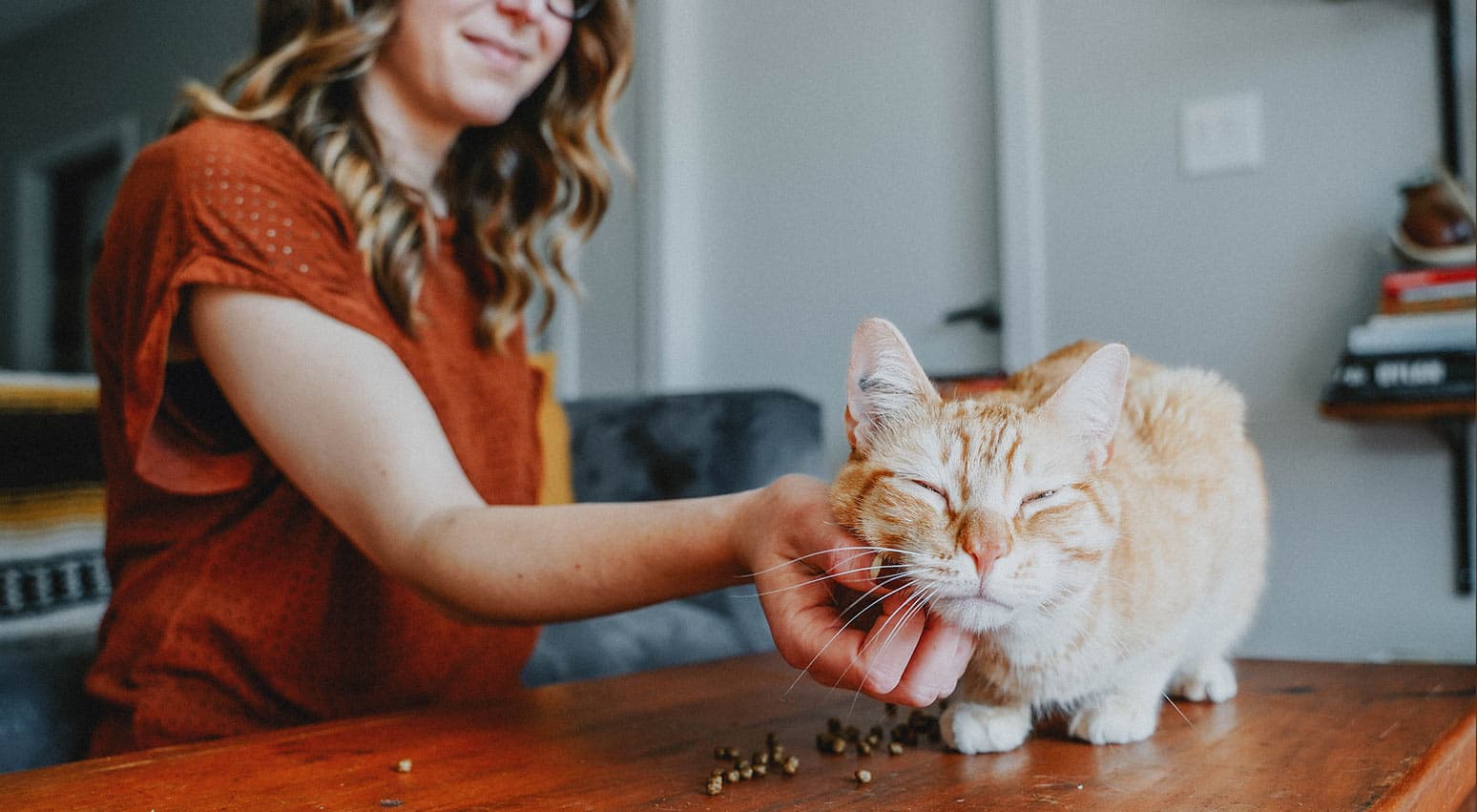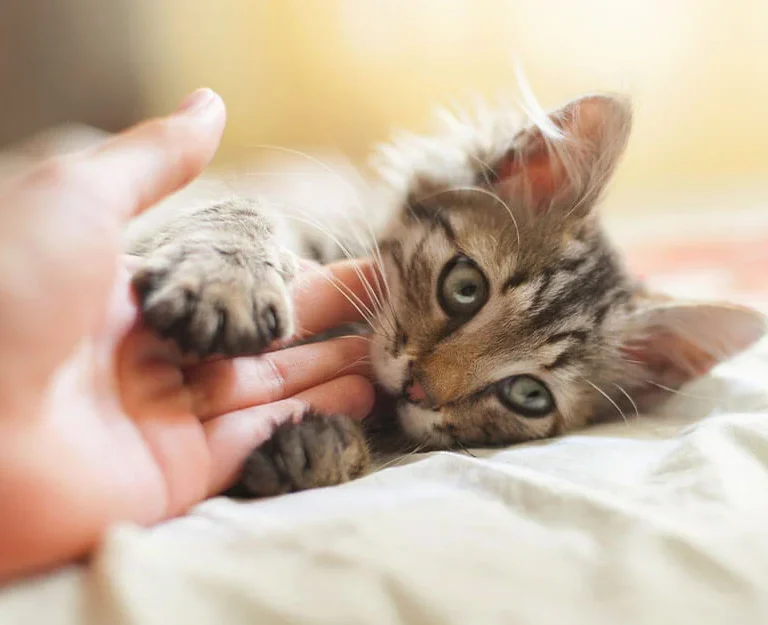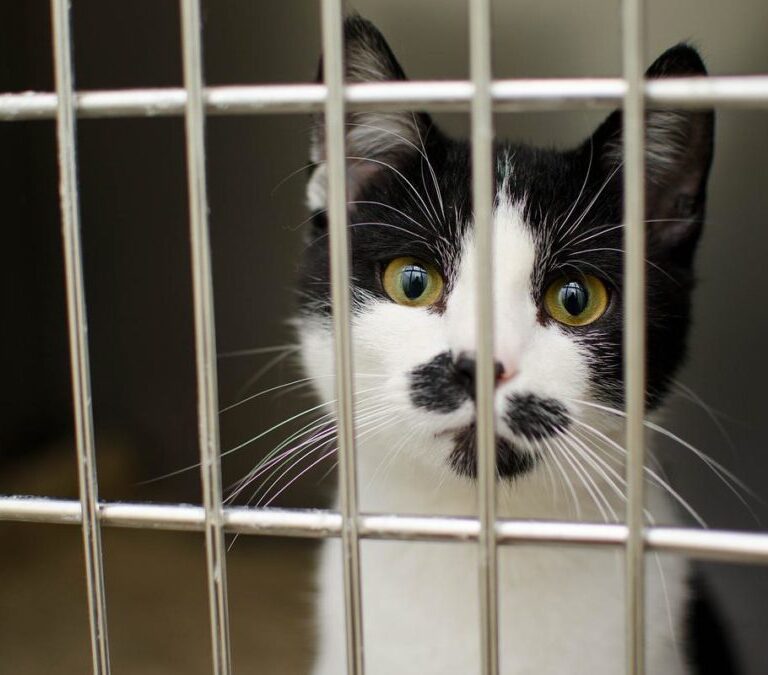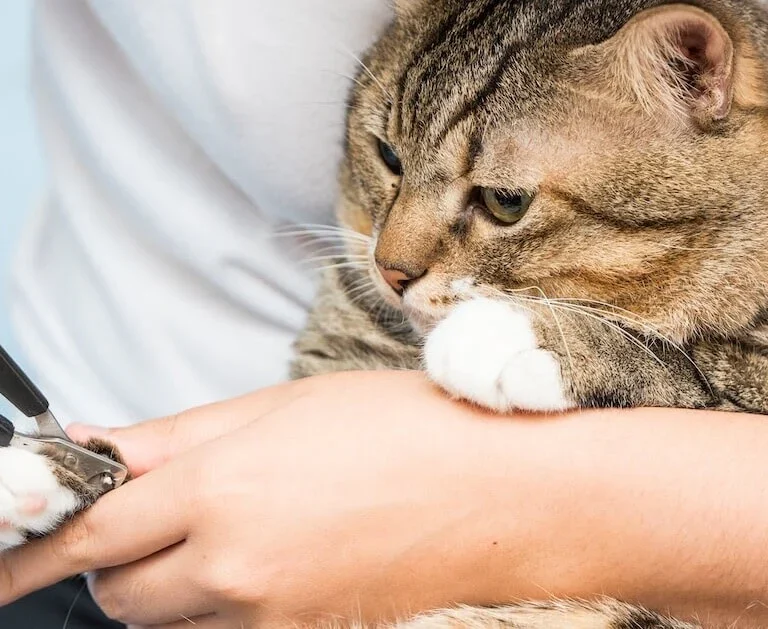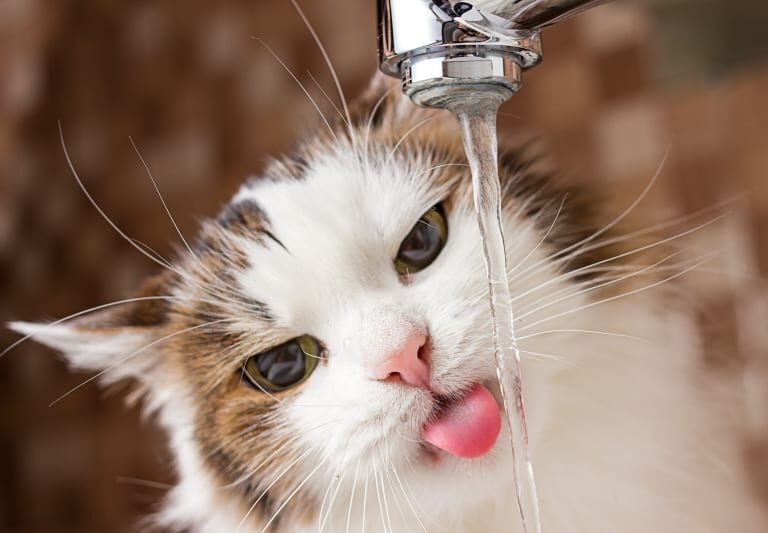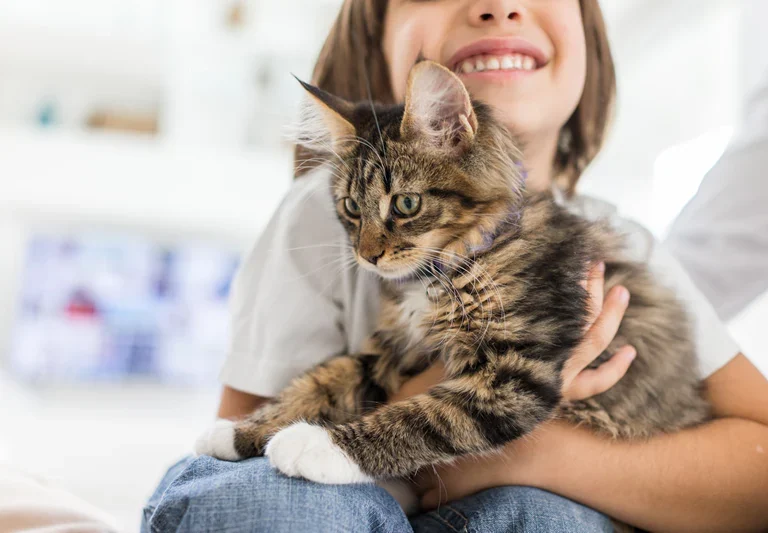How to care for a Kitten?
Kittens need specific care to ensure their health. Failure to provide these needs can lead them to develop life-threatening diseases.
Use a warm, damp washcloth to wipe each kitten down after each feeding. This will provide socialization as well as cleanliness. It will keep their coats neat and clean, while also teaching them how to groom themselves.
Cleanliness
Kittens need to have clean bedding and surroundings at all times. This includes changing the bedding daily to prevent bacteria from building up. You can also use mild disinfectants that are kitten-safe only when needed. Keep their bedding and environment as clean as possible to maximize health beneacfits.
It is important to provide cats with a comfortable place to sleep at night. Kittens need 16-20 hours per day of uninterrupted sleep. A quiet, warm, and appropriate environment is best.
Regular grooming is essential for long-haired cat owners. Grooming helps remove loose hair and reduce hairballs, and it keeps the coat healthy and free of tangles. It also allows you to check for any signs of illness such as ticks or fleas.
When it’s time to wean kittens from their mother’s milk it is important to watch them carefully for any signs of infection. Weaning should be done gradually, using high-quality, dry food.
Feeding
Kittens need proper nutrition to thrive and stay strong and healthy. You should feed your kitten a milk replacement formula 3-4 times a day. The liquid should thicken gradually. Make sure the bottle is warm and test its temperature with a droplet. Hands should be thoroughly washed before and after handling sessions. Consider wearing a “kitten dress” that is designed exclusively for feeding to reduce the spread of germs.
After every feeding, wash the kittens gently with a soft cloth and warm water. This simulates what their mother would do to groom them. It also helps keep them clean while providing them much-needed opportunities for socialization.
Avoid rubbing kittens as this can irritate the delicate skin. It is also important to know which gender the kitten is by examining its penile openings. In females, the vulva is usually close together, while in males the anus is elevated and the urethra appears farther apart.
Exercise
Indoor kittens need physical activity to maintain healthy bones, muscles, and joints, as well as to avoid boredom. Gently playing with kittens can help to reduce boredom and bad behavior like biting and scratching, while also teaching them coordination and allowing them to show instinctive behaviors.
It is normal for kittens to play rough, but it’s important that you supervise them so they don’t hurt themselves or others. Stop your kitten immediately if you see it becoming aggressive when playing. Find another toy instead.
To prepare your kitten for adulthood, you should introduce them to grooming, using a scratching board, travelling in a carrier, loud noises and other animals. To keep kittens healthy and clean, they need to be regularly washed with warm water and a washcloth after every feeding.
Socialization
It is important to expose kittens to a variety of people and environments to help them become confident and happy members of the household. This will prevent them from developing anxiety or fear and developing bad behaviors.
You should continue to socialize your kittens with new people and animals. They will have already been exposed to some socialization by their mother and littermates. This is a good time to introduce them to bathing, grooming, nail clipping, brushing, or travelling in their carrier.
It is important to first familiarize your kittens with common sounds, such as vacuum cleaner and television noises, before encouraging them to play with safe, gentle touches. This will allow your kittens the opportunity to exercise, improve their climbing abilities, and form bonds with both you and other people in their environment. Avoid rough play, as one bad experience can turn them against anyone nearby (including your children). Gradually extend the time they are alone. Try teaching them to cope with short absences. At first, leave them alone only for short periods of time. Then gradually increase the length of time you leave them alone.
Training
Kittens are more independent than infants, but still rely on us to provide stimulation and entertainment. Playing with them gently can help you bond while also developing coordination. It will also allow for their natural behaviors such as chasing and pouncing. When playing with kittens, wear gloves or long sleeves to protect your hands from the sharp claws.
Use clickers to train basic commands like sit, lay down, come here and down. This will help them pay attention to things such as TV or vacuum cleaner sounds. They will also become accustomed to the noises so they can enter their carrier more easily for vaccinations or grooming.
When they become mature cats, early exposure to nail trimming, scratching posts and bathing makes these experiences easier. Visits to the vet for regular health checks, vaccinations and dewormings will keep your cat happy and healthy.

